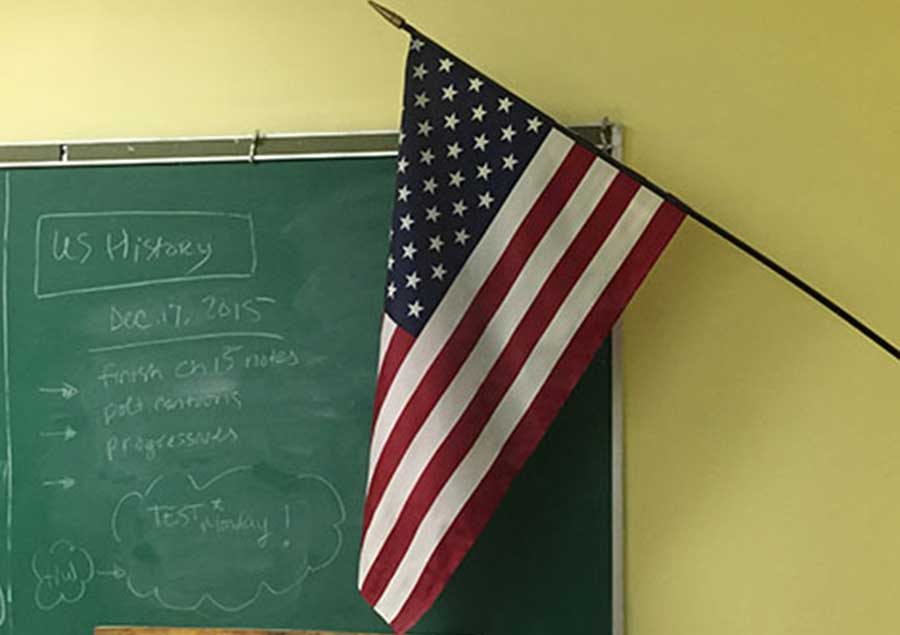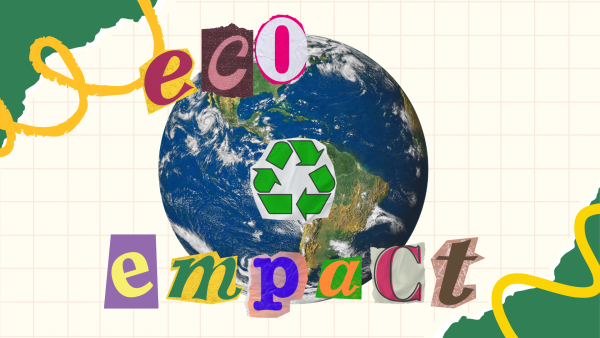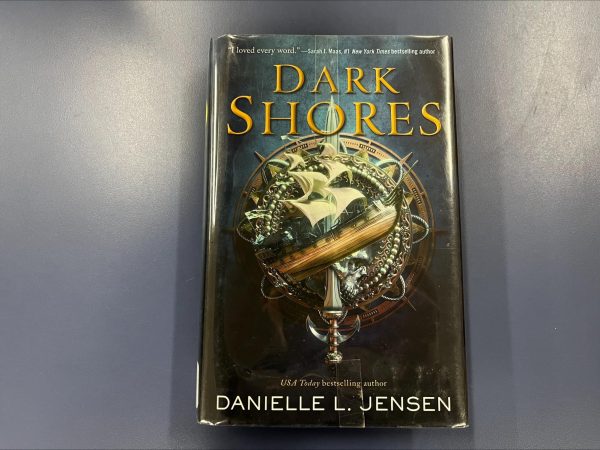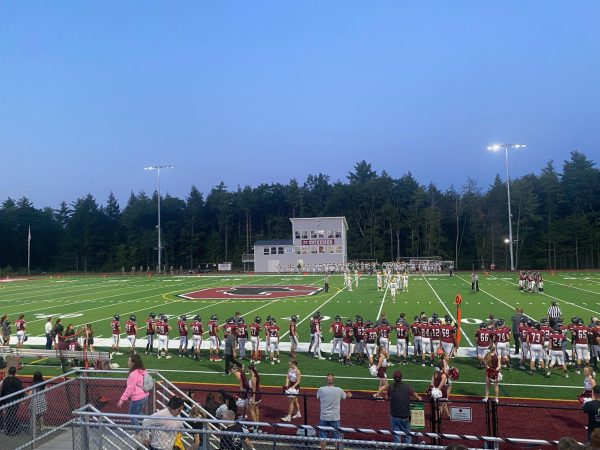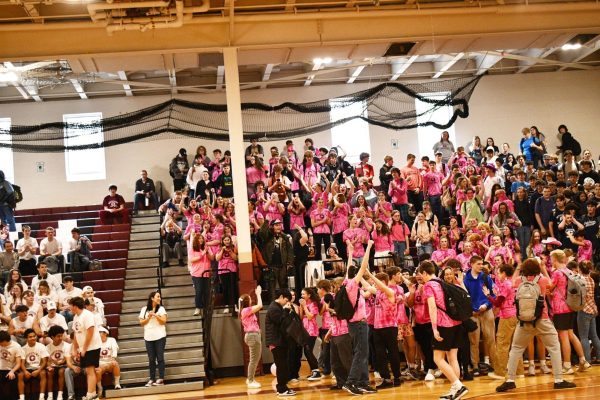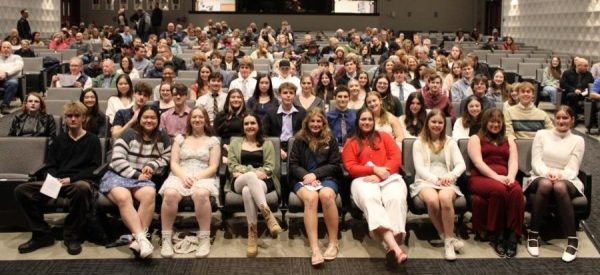How Young People Can Influence Politics
After the recent presidential inauguration of Donald Trump and the heated disputes of his policy decisions since then, many young citizens feel helpless in effecting change. People under the age of 18 feel they have no power to make their opinions on politics heard because they cannot yet vote, and senators and representatives do not care about people who do not elect them. Although it is true people under the age of 18 are deprived of the one major political expression; voting, there are many ways anyone, no matter how old, can express themselves politically.
One of the biggest and most obvious ways one can express themselves is by going to a protest, a march or a parade. These kind of political expressions, although they may seem to be ineffective, are actually sending big messages to politicians. Events such as the recent Women’s Marches bring attention to the fact that Women make up half of the voting pool, and it is in the best interest of Congresspeople to enact legislation protecting women’s rights, such as the right to choose and laws against harassment. Another event students could take part in is a Pride parade. Although Pride parades do not at first glance seem to be working towards any sort of agenda, the amount of parades and the number of people in attendance has an effect on legislators’ decisions when issues such as same-sex marriage and gender-neutral bathrooms come up.
Yet, another active way of expressing your opinion is attending rallies. Attending rallies of a candidate whose views you support can help the candidate gain momentum in elections by showing other people that the candidate is a viable option in the election. In this recent 2016 election, the size of rallies was influential in helping Bernie Sanders come as far as he did by bringing the media’s attention to his candidacy and his views. When the media realized that Sanders was drawing crowds, they focused ever so slightly more on him, and that was what brought him to a “challenger” status.
Turnout at rallies also helped Donald Trump gain the momentum he needed to ultimately win the presidency. Towards the beginning of the election, Trump was simply another person in a long list of nominee contenders. However, when his rallies began to have bigger and bigger crowds, more attention was payed to him. Because of the attention he received, he was able to build a momentum that carried him through multiple scandals and into the White House. This sort of activism is subtle, but it can drastically change the outcome of events.
Though physically going out and expressing one’s opinion may be an option for some, others are unable to do this, be it due to transportation issues, or other reasons. There are quite a few forms of political expression that do not require physical activism. Of course, one could make donations to a campaign or an organization that helps a cause. Donating to a campaign sends a message to others considering voting for a politician that there are supporters of the candidate. This monetary show of support contributes to the momentum of candidates in the same way that attending rallies does, and at the same time, it helps the candidate campaign more effectively. If one is not able to make donations, they can also share their opinions on social media. Although this will not change opinions on a matter, it raises awareness of the issue and may cause someone who was unaware of the issue before to form an opinion.
There is a limit to how much politicians pay attention to social media, though, and there are better ways to directly get your opinion translated into action. One of the biggest links between the lawmakers and the people are letters. Many people think that a letter or email to their Senator or Representative is wasted because Congresspeople are much too busy to read hundreds of letters every day. While it is true that the senator or representative does not usually read letters themselves, they do devote a large portion of their staff to reading and responding to letters and emails. The staff then advises the senator or representative on what the people feel. In short, if one expresses their opinion to a lawmaker, it will influence the decisions made by that person. Even opinions expressed by young constituents are taken into account because it is in a legislator’s interest to pay attention to their future voters out of an interest to be re-elected.
Even if all seems hopeless because you are rooted to one spot and nobody will truly take your opinion into account until you reach adulthood, there is still one vital thing that a young person can do: learn. If nothing else, the best thing anyone could possibly do to make a difference is to learn about what is going on in the world. Subscribe to a daily newsletter that gives you up-to-date information on the day’s events. Read a newspaper. Take a challenging history course that teaches you the precedents and concepts behind historical actions and how that comes into play today. Watch a documentary. Read a book. Once one becomes educated about issues, only then can they hope to change others’ opinion. Once someone is educated, they can convey their message more effectively. Even if changing someone’s mind starts out small, such as influencing a parent’s opinion on an issue, you will have made a difference that might not have been possible if you hadn’t educated yourself about a topic.
Even though it may seem as though your voice can’t be heard, there are still outlets for you to effect change.
Below are two free email subscriptions that provide daily updates on both global and national news.
http://www.nytimes.com/newsletters/morning-briefing
http://www.nytimes.com/newsletters/evening-briefing

Lydia Von Schwanenfluegel is a Senior at GHS, and yes, she does know that her last name is very long; 18 letters, in fact. Lydia lives on a farm in Goffstown...



